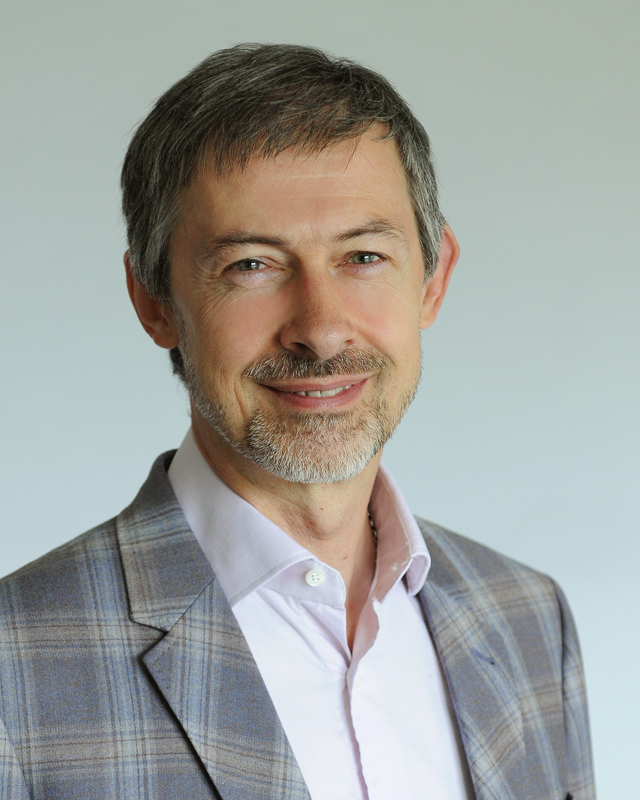
Julien Joly
Dip IGC, IAHIP, Dip BSS-DO, Certificate in Clinical Supervision with The Gestalt Institute of Ireland, Accredited Gestalt Supervisor with IAHIP
| Accreditation: | MIAHIP |
| Code of Ethics: | IAHIP |
| Telephone No: | 086 3308282 - |
| Address | 22 South Frederick Street, Dublin D02 N250 |
| Website | www.gestaltpsychotherapy.ie |
Description of Work and Background:
In its website, the Irish Association of Humanistic and Integrated Psychotherapy (IAHIP) expresses that “care for the client is at the core of supervision”. My wish as a supervisor is to provide a regular support, oversight, and learning, with an in-depth reflection on supervisees’ practice that safeguards and upholds the standards of psychotherapy.I approach supervision as a collaborative relationship, with the view to make sense of what is presented of supervisees/clients processes. I use the Seven-eyed model as one supervisory format. I have found that it informs, shapes and supports supervisees with the direction they wish for their supervision.
My supervision training is a level 9 Certificate in Clinical Supervision with The Gestalt Institute of Ireland and SETU. While my core theoretical knowledge is Gestalt’s theory and methodology, I feel competent to be able to support supervisees who are not Gestalt trained, as my knowledge and interests extend to other psychotherapy practices and theories. They are inclusive of Lowen’s Character Structures; Bainbridge Cohen, Frank and La Barre’s Somatic and Early Developmental Movements; Trauma and Neuroscience, Siegel’s Window of Tolerance; Bowlby’s Attachment Theories, and Bern’s Transactional Analysis.
A part of my supervisory methodology includes creative experimentation for which I use symbols, imagery, drawing, movement, the sand tray… My intention is to expand supervisees’ awareness of their therapeutic work, and to encourage them to grow their own intuitive creativity. Erich Fromm says that “Creativity requires the courage to let go of certainties”. I integrate to my therapy and supervision work, the view that “cultivating uncertainty” (Staemmler) is a necessary focus from which supervisees’ own creative therapeutic methodology can become a supportive element for clients’ growth.
As a supervisee myself, I learnt that until I was able to reach further into the depth of my countertransference, I couldn’t fully meet clients within the authentic contact I was hoping to create. Therefore, I like to offer the opportunity to allow, at times and with boundaried caution, a personal therapy approach in supervision to support working through countertransference processes. My intentionality is to help reorganise and restore in the here-and-now the therapist’s position and agency within their relational dance with clients.